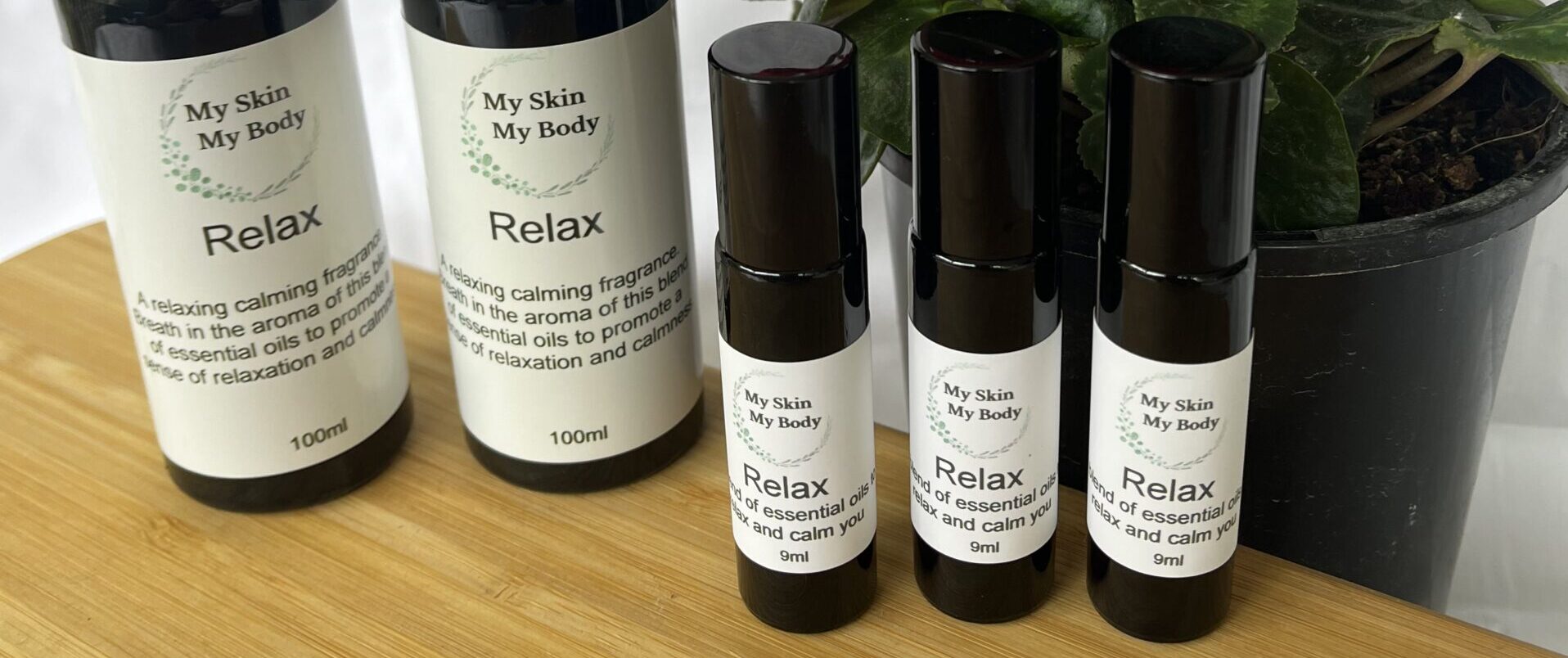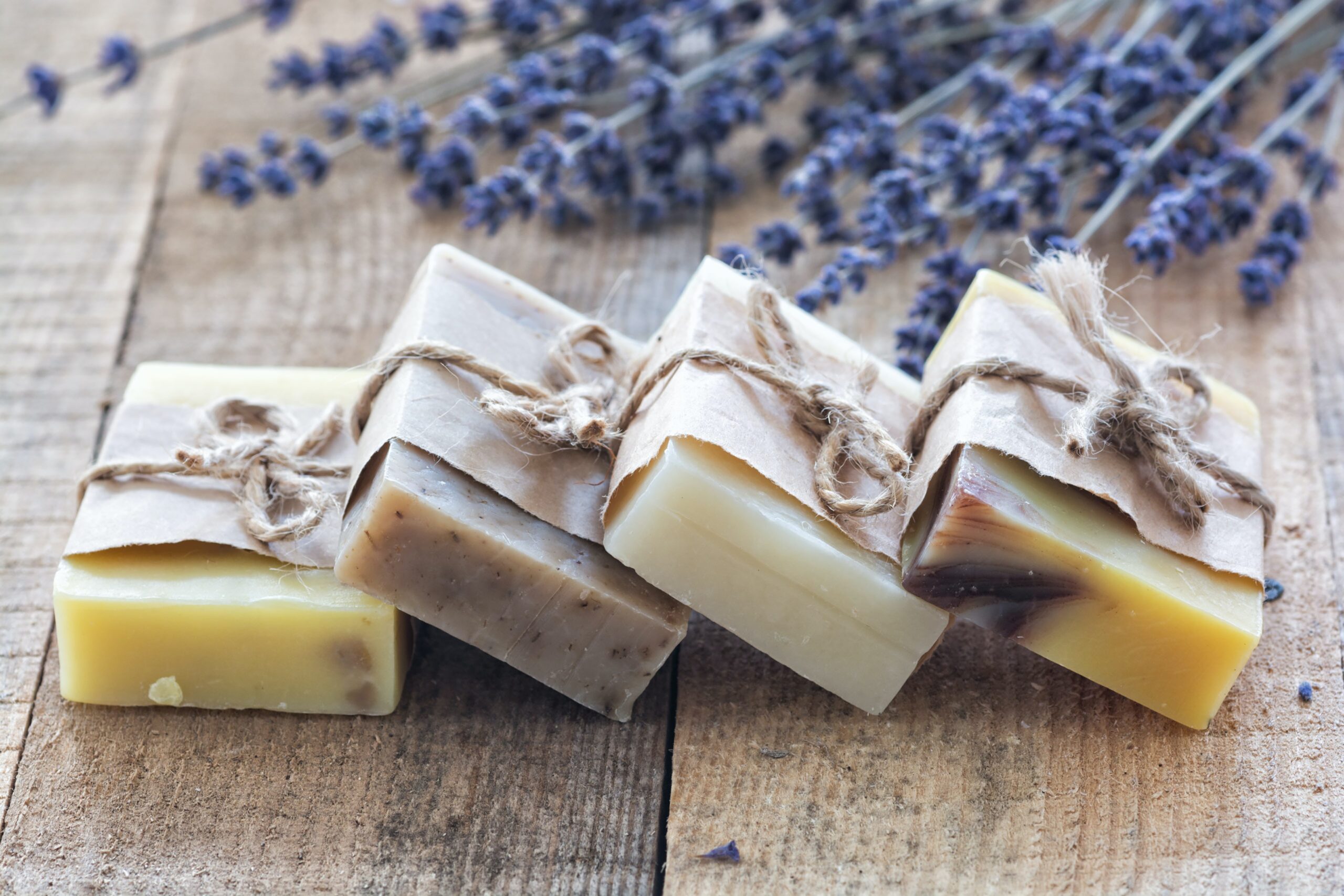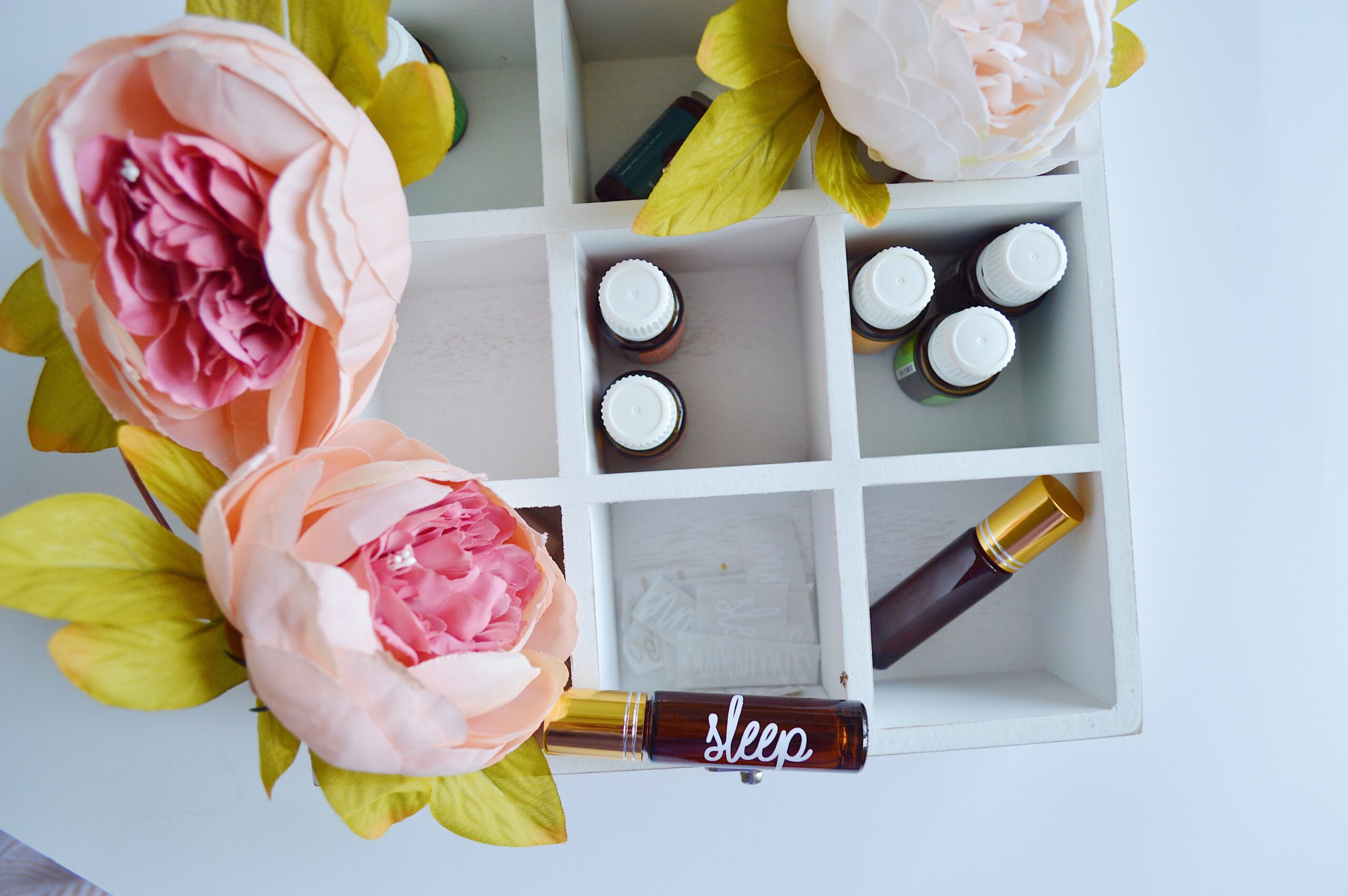Shampoo soap bars have gained popularity in recent years as a more sustainable and Eco-friendly alternative to traditional liquid shampoos. But what exactly makes a shampoo soap bar different from a regular soap bar or a liquid shampoo? In this article, we will explore the key characteristics and benefits of shampoo soap bars.
1. Formulation
The formulation of a shampoo soap bar is specifically designed to cleanse and nourish the hair. Unlike regular soap bars, which can be harsh and drying for the hair, shampoo bars are formulated with ingredients that are gentle yet effective in removing dirt, oil, and product buildup from the scalp and hair.
Shampoo bars typically contain a combination of natural oils, such as coconut oil, olive oil, or argan oil, which provide moisture and nourishment to the hair. They may also include ingredients like shea butter, aloe vera, or essential oils, which can help promote a healthy scalp and add shine to the hair.
2. pH Balance
One of the key differences between a shampoo soap bar and a regular soap bar is the pH level. The pH level of the scalp and hair is around 4.5 to 5.5, which is slightly acidic. Regular soap bars, on the other hand, are more alkaline in nature, with a pH level of around 9 to 10.
Shampoo soap bars are specially formulated to have a pH level that is closer to the natural pH of the hair and scalp. This helps to maintain the natural balance of the scalp, prevent dryness, and minimize the risk of irritation or damage to the hair.
3. Environmentally Friendly
Shampoo soap bars are a more sustainable choice compared to liquid shampoos. They are typically packaged in minimal or plastic-free packaging, reducing waste and environmental impact. Moreover, shampoo bars are concentrated, which means they last longer than liquid shampoos, reducing the need for frequent repurchases.
By choosing shampoo soap bars, you can significantly reduce your plastic consumption and contribute to a cleaner and greener planet.
4. Travel-Friendly
If you are a frequent traveler, shampoo soap bars are a convenient option. Unlike liquid shampoos, which need to comply with airline liquid restrictions and can leak in your luggage, shampoo bars are solid and compact. They are easy to pack, Travel Security friendly, and can last through multiple trips.
5. Versatility
Shampoo soap bars are not just limited to cleansing the hair. A versatile option for your daily shower routine, they can also be used as a body soap. The nourishing ingredients in shampoo bars can benefit your skin as well, leaving it soft, moisturized, and refreshed.
Some shampoo bars are also formulated for specific hair types or concerns, such as dry hair, oily scalp, or dandruff. By choosing a shampoo bar that suits your specific needs, you can address your hair concerns while enjoying the benefits of a natural and Eco-friendly product.
So shampoo soap bars offer a range of benefits that make them a popular choice among environmentally conscious individuals. Their unique formulation, pH balance, and Eco-friendly packaging make them a sustainable alternative to traditional liquid shampoos. With their versatility and travel-friendly nature, shampoo bars are not only good for the environment but also convenient for your daily hair and body care routine. But you won’t see much difference if any when you compare the ingredients with other soaps.
Next time you’re looking for a more sustainable and effective way to cleanse your hair, consider a shampoo soap bar!







